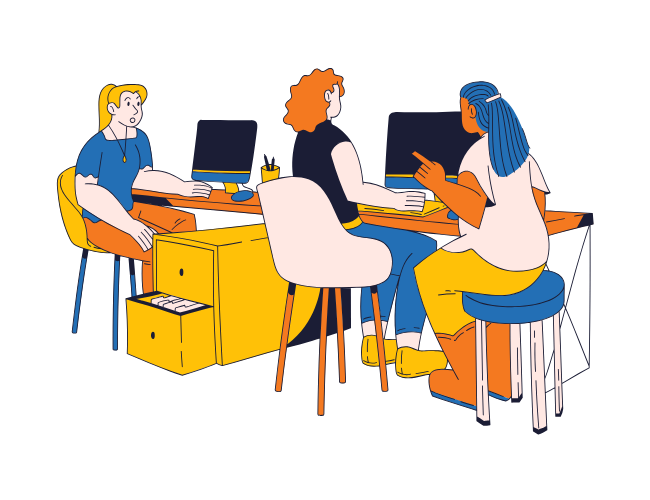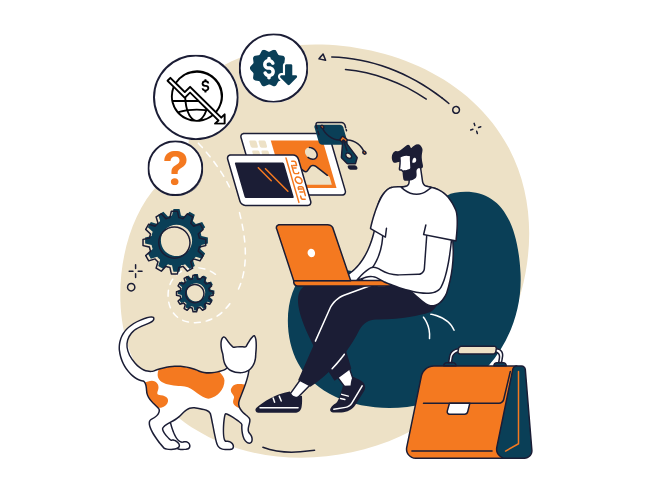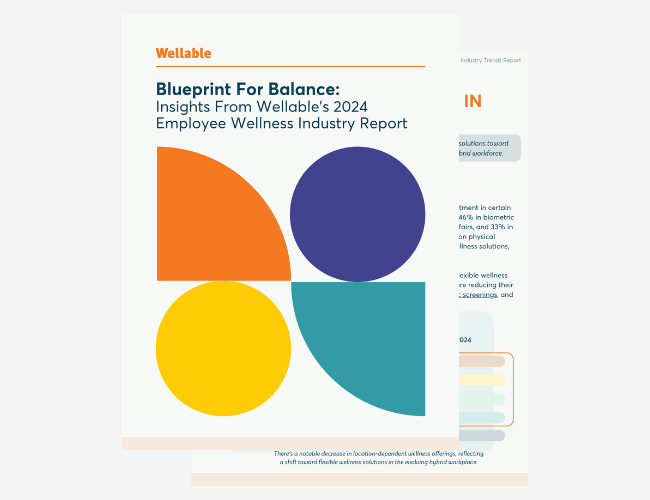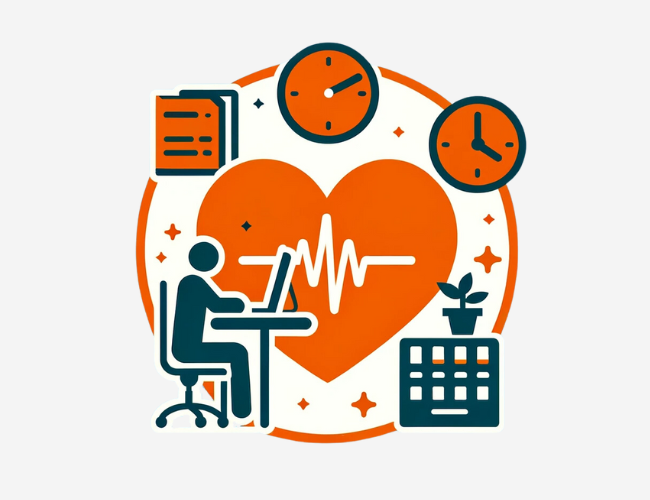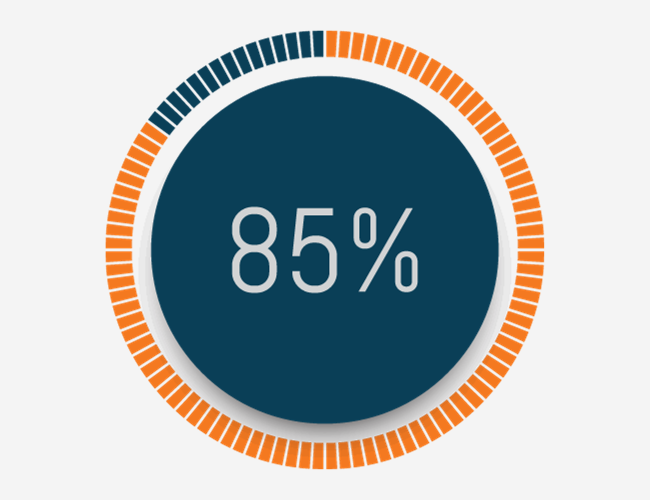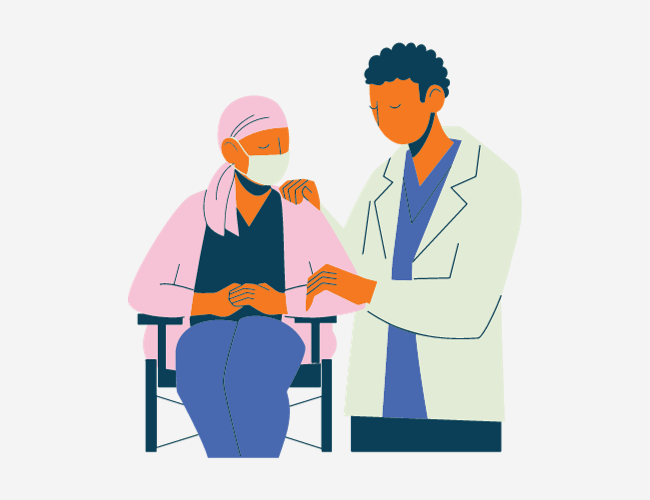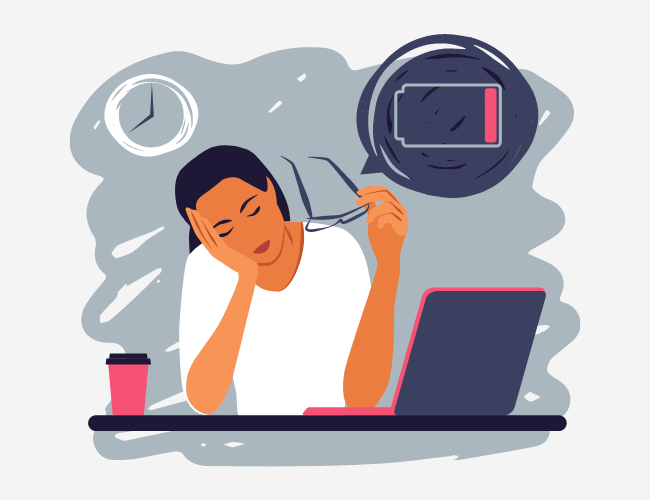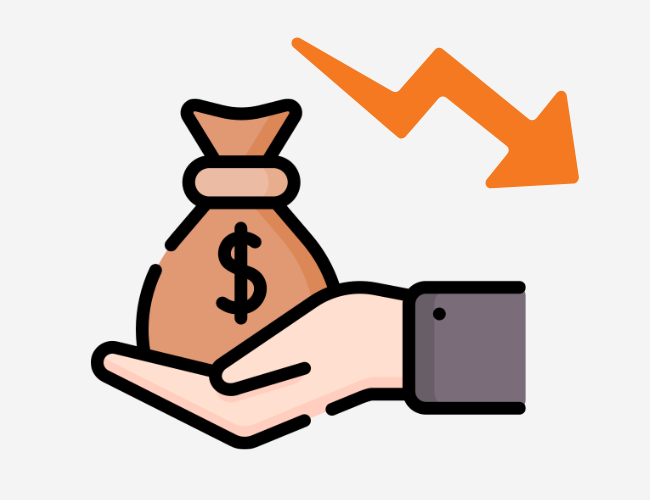The need for maternity leave is obvious. Women who have given birth need time to recuperate from pregnancy, labor, and perhaps surgery. For moms who breastfeed, those first weeks are critical for establishing a feeding routine and steady milk production. It’s time to bond and nurture with the baby, building feelings of trust, safety, and love.
Dads need paternity leave too. Although fathers don’t have to physically recover from pregnancy, they and their babies also benefit from the caregiving and bonding process.
There’s even more reason for fathers to take paternity leave: when dads have flexibility to be home with the baby, it helps moms recover better.
Dads At Home Leads To Healthier Moms
A new study, conducted by economists at Stanford University, looked at the effects of a 2012 Swedish law that allows fathers to take up to 30 days off from work as needed for a year after the birth of a child, while the mother is still on leave. In the first six months after childbirth, researchers found new moms had:
- 26% decrease in anti-anxiety prescriptions
- 14% reduction in hospitalizations or visits to specialists
- 11% decrease in antibiotic prescriptions
Sweden already has a generous paid leave policy: 16 months to be divided between the parents, which can be used until the child is 12 or for parents to work part-time. However, in this policy, the leaves between the parents did not overlap except for ten days immediately following birth. The purpose of separate leaves was to encourage father-baby bonding and to promote gender equity.
Researchers in this study found that the fathers took only a few days intermittently within that six months, but those days may have been critical—allowing moms to seek health care, sleep, and take preventative measures for their health. The flexibility to take those days ad hoc was also key.
Helping Mothers In The “Fourth Trimester”
Pregnancy is usually divided into three trimesters, but the post-pregnancy period of recovery, dubbed the “fourth trimester,” deserves recognition. Women may still be in pain or have complications from childbirth. They are sleep deprived, overwhelmed, and often isolated. Since most new moms do not return to their doctor for their postpartum visit until six weeks later, problems can spiral within that time. Having support at home can help curtail a downward shift. That support does not have to come from the father, as it could come from a relative or same-sex partner.
Leaves Becoming More Flexible
A Mercer study found more companies are offering paid parental leave—40% in 2018, up from 25% in 2015. Nearly a fifth of companies in the survey offer paid leave to take care of a sick family member, and 82% allow employees to use sick days to take care of a sick family member or other non-health issues.
Employer Takeaway
Although the U.S. is the only industrialized country that does not have mandated paid parental leave, more companies are offering this benefit. This study indicates that as these programs are designed, they need to be flexible enough to provide support when it is most needed, benefiting moms, dads, and babies.



